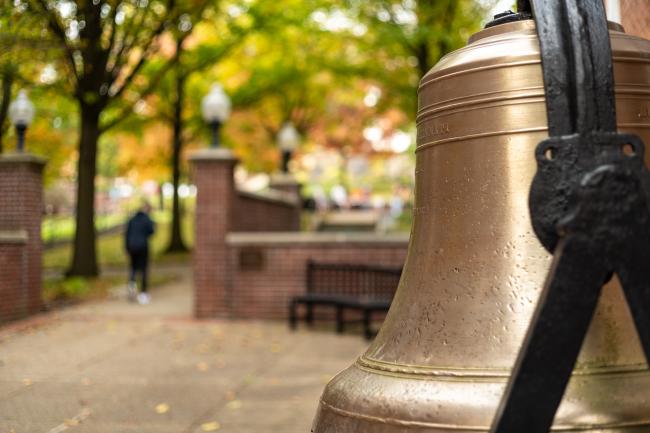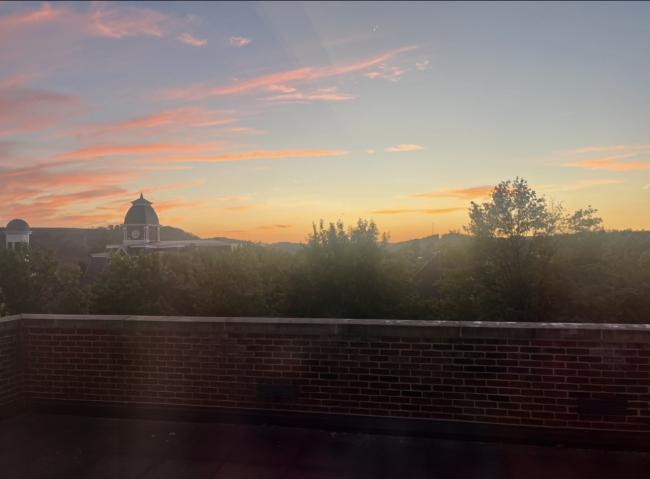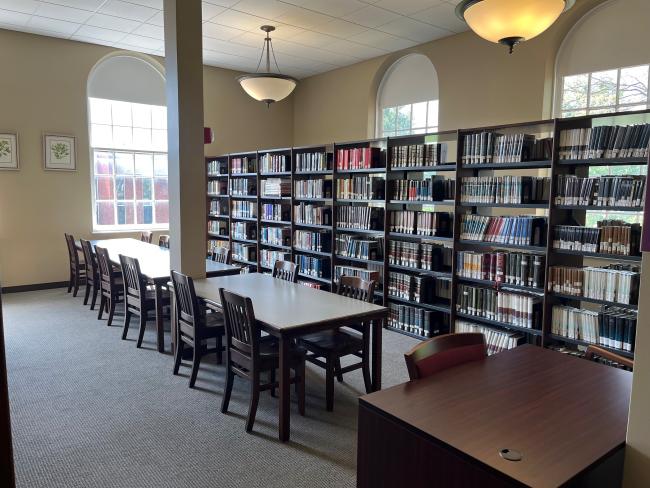As a young child, Phyllis Wheatley was kidnapped from her home in Senegal, West Africa and taken to Boston, Massachusetts to work as an enslaved person. Around 1761, she was purchased by John Wheatley.
Phyllis Wheatley was an inquisitive, creative, and intelligent woman. She soon became a talented writer as well. It is said her poetry was first published in 1767 and she ultimately gained local, national, and international acclaim. Wheatley’s book, Poems on Various Subjects, Religious and Moral, became the first collection of poetry to be published by an African American author.
Wheatley went on to travel to London to meet dignitaries, including Benjamin Franklin, and later corresponded and met with George Washington. Her poems were beloved by many, including those who signed the Declaration of Independence.
Wheatley continued to write during enslavement and was finally freed in 1774. She authored around 145 poems, before her death in 1784.
Violence, racism, and unjust laws kept Wheatley from living a fair, free, and abundant life. To find Wheatley’s poetry and biography, one must search for information. Why is this? Benjamin Franklin, signers of the Declaration of Independence, and other white history makers are taught and upheld in elementary, middle school, and high school curriculums. Why are so many individuals left out of the books when their contributions and achievements are as relevant, important, and valuable as those of the white history makers? How can our history be complete until it includes everyone’s story with equal respect, emphasis, and enthusiasm?
In February, we celebrate the contributions made by African Americans to our country. Contributions by African Americans in the field of art, theater, writing, business, activism, and politics have changed our country for the better and have pushed us forward. There should be one American history that encompasses all. As poet Maya Angelou stated, “Won't it be wonderful when black history and native American history and Jewish history and all of U.S. history is taught from one book. Just U.S. history.”
Click here to explore the reference for this blog post
Read Phyllis Wheatley's biography
Explore the poetry written by Phyllis Wheatley
Learn more about The Writing Center at Waynesburg University


